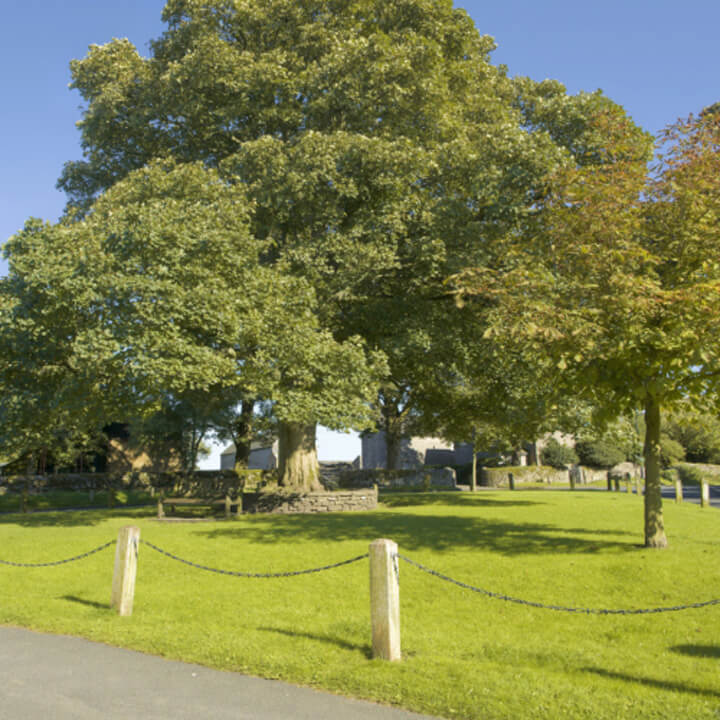Town and Village Greens: Procedure matters
12th April 2016
In Somerford Parish Council v Cheshire East (1) and Richborough Estates (2) [1], the High Court has quashed the local borough council’s decision not to register land as a new town or village green, on the basis of procedural error.
Background
In January 2013 a proposal was made for the residential development of a triangle of land known as Site Congleton 1. The area is enclosed by the A54, Chelford Road to the west and Black Firs Lane to the east. Located on the east of Chelford Road and the west of Black Firs Lane, and adjacent to Site Congleton 1, are wide grass verges which are not subject to the development proposal.
In May 2013 an application (the Application) was made by a local resident (the Applicant) to Cheshire East Borough Council (Cheshire East), the Commons Registration Authority, to register parts of the two verges as a new town or village green (TVG) under section 15 of the Commons Registration Act 2006. An application for outline planning permission was then made by Richborough Estates for the residential development of Site Congleton 1, access to which is intended to be over the two verges being the subject of the TVG application.
Both Richborough Estates and Cheshire East objected to the TVG application, mainly on the basis that the verges were adopted highway and therefore use of the land was “by right” not “as of right”. The Applicant responded, arguing that the application site did not form part of the highway.
Procedure
Cheshire East instructed counsel as an independent legal expert to consider the Application and counsel subsequently set out a timeframe for the parties to lodge evidence and make written submissions. The Applicant lodged his written submissions and evidence in time, however Cheshire East lodged submissions and additional evidence after the deadline. Counsel did not allow the Applicant to make submissions on the additional evidence before providing his written opinion to Cheshire East and advising them to reject the Application without a public inquiry. Cheshire East followed this advice and refused to register the land as a new TVG in March 2015.
Judicial Review
An application to judicially review the decision of Cheshire East was made by Somerfield Parish Council, who took over the fight on behalf of the Applicant. The application for judicial review was made on the following grounds:
- Cheshire East breached the rule of natural justice by acting as its own judge.
- Counsel instructed by Cheshire East was not independent.
- There were procedural errors. Counsel allowed Cheshire East to put in evidence out of time and the Applicant was given no opportunity to respond to the late evidence.
- Counsel should have held a public inquiry before making its recommendation.
The judge rejected the first two arguments. Firstly a Registration Authority is entitled to determine a TVG application providing it instructs independent legal counsel. Secondly, legal counsel is deemed to be independent (although Registration Authorities should be aware that the corollary to that is that communications and instructions to that legal counsel are not privileged from disclosure in the proceedings).
It was held, however, that it was procedurally unfair for the Applicant not have to been given a chance to respond to the evidence which was, itself, submitted out of time. In addition, in accordance with R (Whitmey) v Commons Commissioners [2], the judge found that the dispute as to whether the grass verges were highway land was serious enough to necessitate a public inquiry. The decision of Cheshire East was therefore quashed on grounds three and four.
WM Comment
This case highlights a number of practical points to note regarding privilege, equity and the importance of the public inquiry in determining an application to register land as a TVG. The decision also reinforces the court’s findings in Whitmey and so Registration Authorities should take heed before disposing freely of applications without a public inquiry in cases where there are sufficient disputes over factual issues.
____________________
[1] Somerford Parish Council v Cheshire East Borough Council and Richborough Estate Limited [2016] EWHC 619 (Admin)
[2] [2004] EWCA Civ 951



